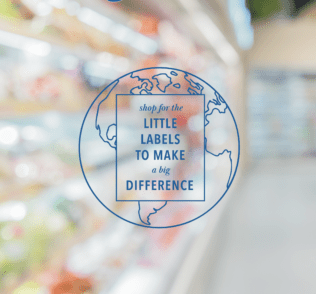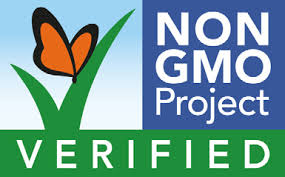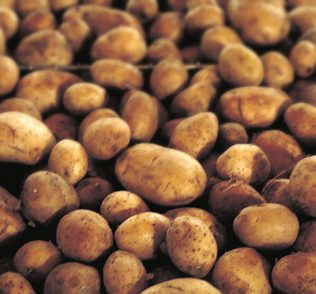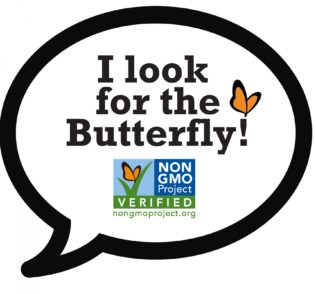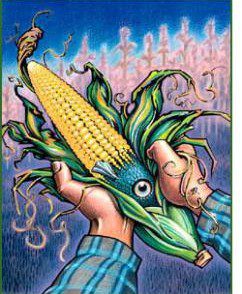-
Celebrate Good Food Month This October
If you’re like many shoppers, you wish to know how the food you buy affects people and the planet, including how it was grown, harvested and produced. Because of this, you seek greater transparency from stores like ours, as well as from your favorite brands and the companies who produce your food. We, too, believe…
More... -
Q & A with the Non-GMO Project
Harvest Market is a Retail Supporter of the Non-GMO Project because we share that belief that everyone deserves an informed choice about whether or not to consume genetically modified organisms. Every October, in recognition of Non-GMO Month, we host a 5% day in support of The Non-GMO Project’s work (this year it’s scheduled for Saturday,…
More... -
Potato Now Classified as High-Risk for GMOs
From The Non-GMO Project on October 31, 2018 Protecting Our Supply Chain from the Threat of the GMO Potato For the first time since 2011, we have added a new crop to the Non-GMO Project Standard’s High-Risk list. GMO potatoes were first commercialized in 2015, but until recently were produced in limited quantities and posed…
More... -
October is Non-GMO Month
Happy Non-GMO Month! Every October, Harvest Market proudly joins the North American campaign against genetically modified organisms (GMO’s) and offer additional educational and promotional activities for our customers. What’s a GMO? Genetically modified organisms are living organisms whose genetic material has been artificially manipulated in a laboratory through genetic engineering. This relatively new science creates unstable combinations…
More... -
Frankenfoods Frighten this Halloween!
GMOs, or genetically modified organisms, are gaining notoriety in the public forum.
For those of you unfamiliar with the issue, GMOs are created using biotechnology in order to generate a more “efficient” farming machine. Genetic splicing is used to produce plants that are able to withstand herbicide use, or even to produce a pesticide. This allows the farmer to indiscriminately spray the entire field of crops without worry of losing his/her edibles.
These GMOs are created by corporations and then sold to farmers throughout the country. The United States is one of few countries left in the world that refuses to label foods containing GMOs. Most countries around the world, including those in the European Union, have banned GMOs from their food supply due to the general uncertainty of safety, and the increasing amount of research showing the long-term dangers of these organisms.
More...

